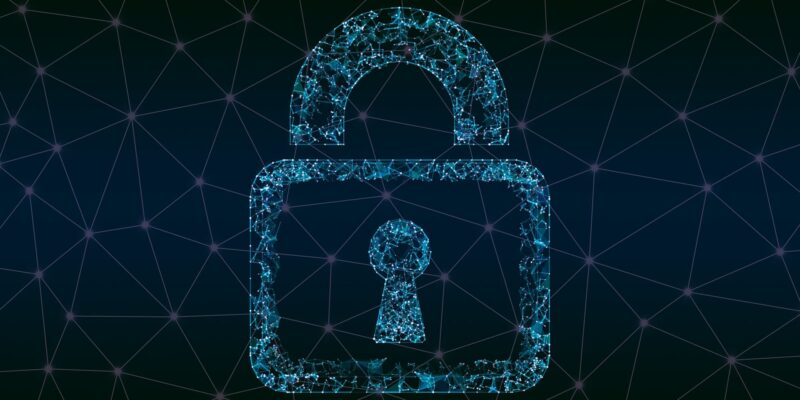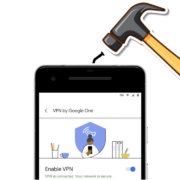While the benefits of working from home are known to many, there are some significant risks as well. One of these you should consider is the risk of cyber security issues. Office computers may have custom cybersecurity tips and protocols to deal with most threats, but these may not be available to you at home. To help bridge this gap, below are five cyber security tips to use if you telecommute.
Use a Different Device for Work
“BYOD,” Bring Your Own Device, policies lost steam as a popular practice for office work for a reason. While they were viewed as a cost-cutting measure, they instead increased costs by introducing a multitude of serious security concerns.
People unwittingly download a lot of malware and viruses when surfing the web for reasons other than work and this can open up the company network to threats it wouldn’t encounter otherwise.
You should keep this in mind at home as well. For one, do not use the same computers and devices for work that you use for playing video games, surfing the web for entertainment, or even for social media use. It will lessen the risks for your company a great deal.
Utilize a Virtual Desktop
You may want to take this philosophy a step further if you wish to increase your cyber security when working from home even more. You can do so by utilizing a virtual desktop via a desktop as a service (DaaS) setup. What this means is that your desktop computer used for work will exist as digital software you can access through an internet connection.
The hardware and software itself will exist on the other end that is usually provided by the vendor. This way, your work computer’s environment can be more tightly controlled for cyber security threats unlike what would be the case if you maintain your own hardware and software on your end.
Secure Your Wi-Fi
One thing you will be in charge of when working from home is managing your internet connection. When doing so, you must take steps to ensure that your Wi-Fi connection is secure. If it isn’t, interlopers may be able to gain access to your computers, devices, and data through that connection.
Make sure to choose a new and complex password for your Wi-Fi. Keep in mind that simple passwords can be cracked by password-cracking tools. Instead, you should create a longer password with multiple words, uppercase, and lowercase letters, numbers, and symbols. Update your Wi-Fi software often. You can also encrypt your home network for an even higher level of security.
Scan Your E-Mails
Most secure offices have their employees scan all incoming e-mails for security concerns. When you work from home, you should absolutely do the same. E-mail is one of the main strategies hackers and cyber criminals use to get into the networks they are targeting. Quite often, the e-mail will include attachments with trojans, viruses, or malware that will infect that person’s machine and give the hacker access to data in the company network.
In other cases, e-mails will pretend to be from friendly entities the employee or company knows and then link to a website that will download the malicious software in question. This practice is known as “phishing.” According to statistics, 90 percent of data breaches occur because of phishing.
While phishing can be a cause of hacking, it is not the only way that hackers can gain access to systems and data. If you are hacked and locked out of your personal account, you can recover your hacked Gmail account in these simple steps.
Utilize Encryption
One of the best options, if not the best option, for preventing data theft is the use of encryption. Encryption alters data into a format that is completely unreadable until an “encryption key” is used to decode that data back into a format that is again readable. If it remains encrypted, it is completely useless to anyone.
As such, encryption is a strategy you should deploy when working from home. Investigate different ways to encrypt your devices as well as the data stored on them. The tools you use will differ based on your operating system and hardware specifications.
Bottom Line
Overall, these five tips are only a starting point. There is much more you should do, such as installing antivirus and malware scanners, to maintain a high level of cyber security at home. Doing so is always worth the effort. It will help to protect the company and your job as a result.













